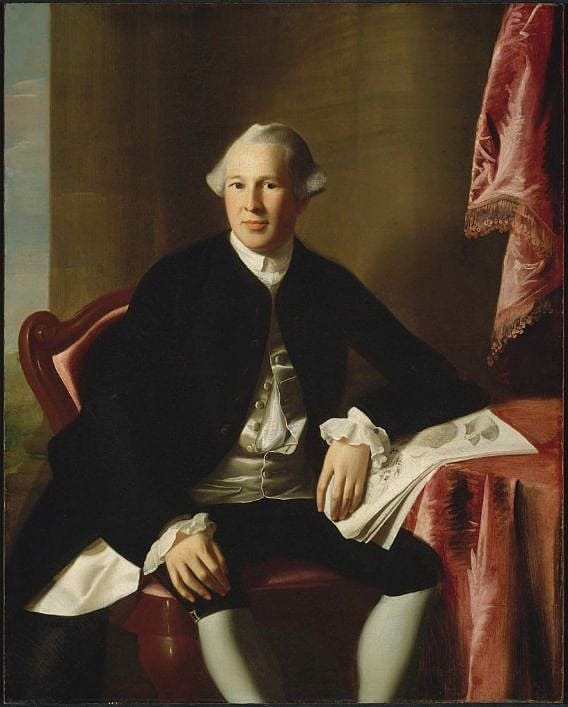Joseph Warren: The Founding Father Whom Few Remember

Christian Di Spigna has done a great service to citizens of the Commonwealth of Massachusetts: he has written a superb biography of Joseph Warren – the great Boston-based revolutionary leader, who was killed during the Battle of Bunker Hill. He titles the biography: Founding Martyr – The Life and Death of Dr. Joseph Warren, the American Revolution's Lost Hero.
Many have never heard of Dr. Joseph Warren – even many of us in Boston. This is because he was killed on the field of battle early in the struggle against Great Britain – well before the Declaration of Independence was signed in 1776. He lost his life fighting for America even before George Washington arrived in Cambridge to take command of the Continental Army. Had he survived the war, as John Adams, his cousin Sam Adams, and John Hancock did, he would be one of the most famous "Founding Fathers." But, alas, his early death at the age of 34 relegated him to one of the forgotten heroes of the American War of Independence.

